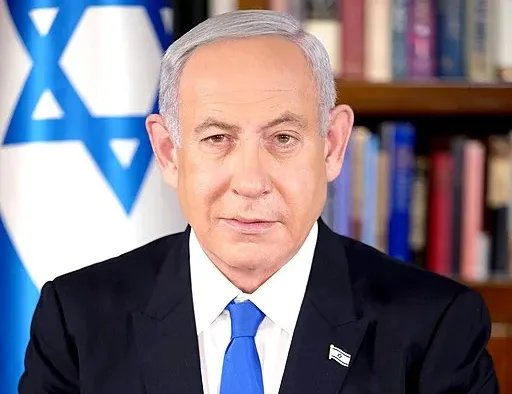Israel to buy two Boeing KC-46 tankers with U.S. funded aid amid rising political scrutiny
Israel has announced plans to purchase two Boeing-made KC-46 aerial refuelling tankers in a $500 million deal financed entirely through U.S. military aid. The move, confirmed by the Israeli defence ministry on Wednesday, is expected to bolster the country’s long-range strike capability but is already stirring political debate in Washington.
The defence ministry said the contract will be signed with the U.S. government once an Israeli ministerial procurement committee grants final approval. Because the United States directly oversees all foreign military sales, the agreement cannot move forward without Washington’s involvement.
The KC-46 Pegasus, developed by Boeing, is a multipurpose aerial refuelling aircraft that also serves as a cargo and personnel transporter. Israel already operates four of the tankers, and officials argue that expanding the fleet is vital to maintaining its strategic advantage in the region.
Amir Baram, Director General of the Israeli Defence Ministry, described the purchase as a major step in strengthening the military’s global reach. “These aircraft will expand Israel’s operational scope, enabling long-range missions with greater force and precision,” Baram said.
Embed from Getty ImagesThe KC-46s have played a crucial role in Israel’s military operations. During the 12-day air campaign against Iran in June, Israel used aerial refuelling to sustain long-range strikes far beyond its borders. By extending the endurance of fighter jets, the tankers provide Israel with a capability that few regional actors possess.
The deal also includes the integration of unspecified Israeli defence systems into the U.S.-made aircraft. Such modifications are standard practice in Israel’s military purchases, ensuring the platforms align with its operational needs.
Washington provides Israel with billions of dollars annually under a long-standing military aid arrangement. These funds are earmarked for purchasing American-made weapons and equipment, effectively supporting both Israel’s military posture and the U.S. defence industry.
However, the latest announcement comes at a politically sensitive moment. Several Republican and Democratic lawmakers have questioned whether the U.S. should continue providing large-scale military aid to Israel. The debate has intensified in light of the ongoing war in Gaza, with critics arguing that American taxpayer dollars should be prioritised for domestic spending rather than funding foreign military purchases.
Supporters of the aid package counter that U.S. military assistance is a cornerstone of the strategic partnership between Washington and its closest Middle East ally. They argue that funding Israeli defence projects not only enhances regional stability but also benefits American defence contractors such as Boeing.
The Israeli defence ministry framed the purchase as a critical investment in national security. “The contract’s scope is estimated at approximately half a billion U.S. dollars and is funded through U.S. aid,” the ministry said in its statement.
For Boeing, the deal represents another boost for its KC-46 programme, which has been plagued in recent years by cost overruns and technical setbacks. The U.S. Air Force is the primary operator of the aircraft, but overseas sales to allies such as Israel provide a significant financial lifeline.
Still, the optics of the agreement are delicate. With U.S. voters facing pressing domestic challenges, including inflation, infrastructure needs, and healthcare costs, questions over whether taxpayer funds should bankroll foreign military deals are becoming harder for lawmakers to ignore.
For Israel, however, the timing is strategic. Expanding aerial refuelling capabilities ensures that its air force can operate at extended range, whether in future confrontations with Iran, deep-strike operations, or wider regional missions.
As the procurement process moves forward, the $500 million Boeing deal underscores both the depth of U.S.-Israeli military ties and the political tensions surrounding them. Whether framed as a vital defence investment or as a controversial use of American taxpayer dollars, the KC-46 purchase is likely to remain under scrutiny in both Jerusalem and Washington
